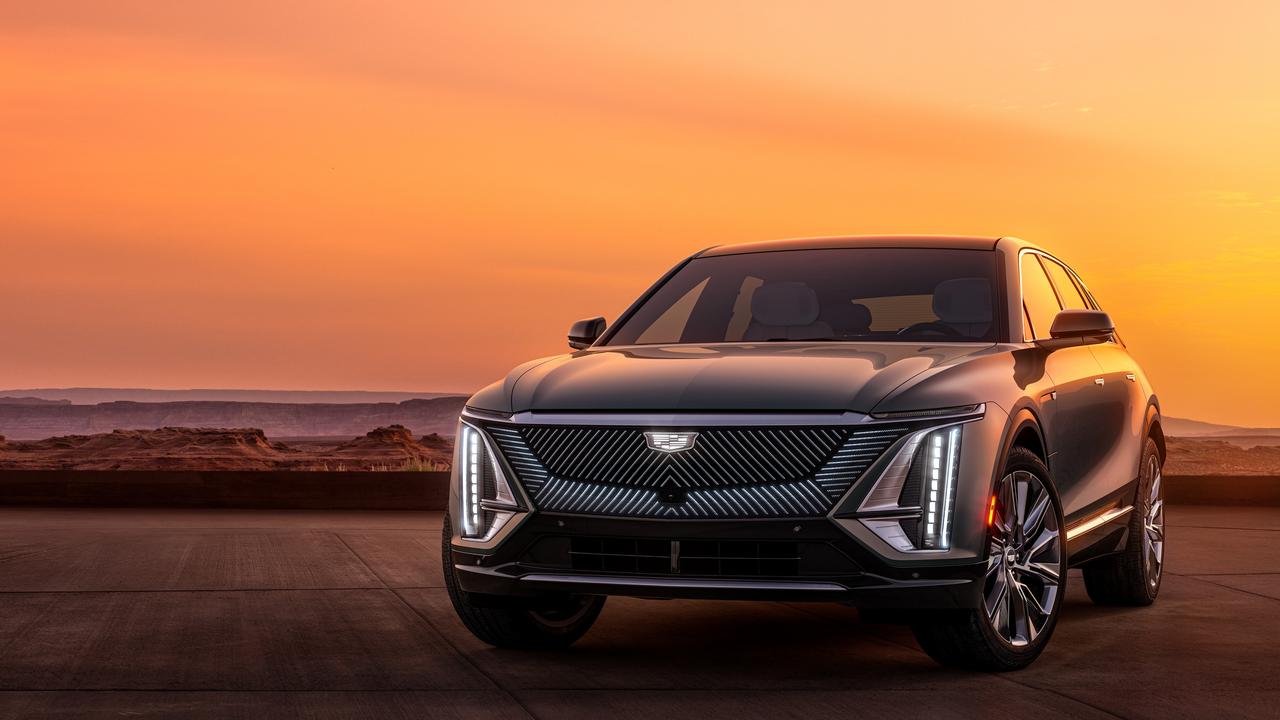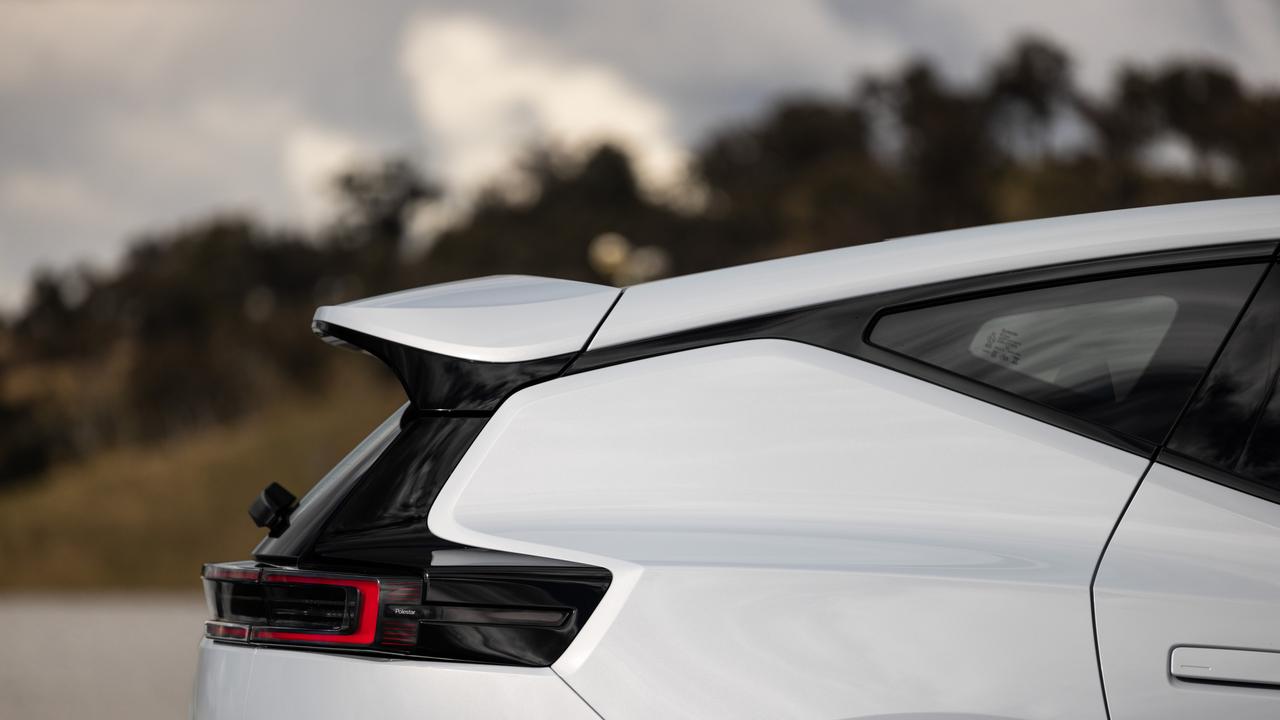Australians aren’t keen on electric cars according to survey
Australians are turning their backs on these new cars despite car brands spending billions of dollars to develop and build them.
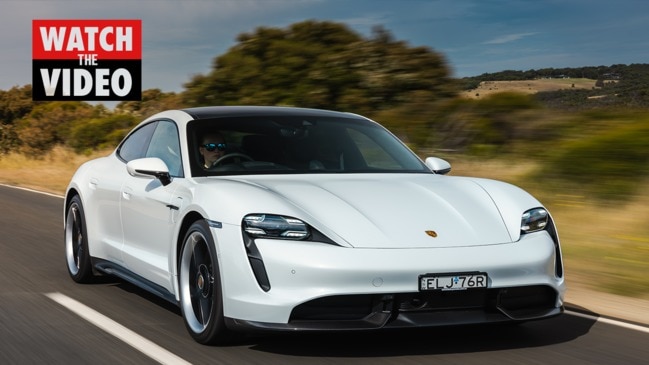
Motoring News
Don't miss out on the headlines from Motoring News. Followed categories will be added to My News.
A new survey from global auditing and accountancy firm Deloitte shows Aussies have little desire to go electric.
Out of more than 1000 local buyers surveyed only 4 per cent said they would be looking for a fully-electric vehicle as their next purchase.
That compared with 70 per cent who would be looking for a conventional petrol or diesel vehicle and 18 per cent who would be looking for a hybrid vehicle.
In the first two months of this year electric cars made up just 0.3 per cent of new car sales, according to the Federal Chamber of Automotive Industries.
That figure doesn’t include Tesla sales, as the US maker refuses to report sales numbers to the industry body.
At the moment, Nissan, MG and Hyundai are the only mainstream brands to offer an electric car, although Mitsubishi has a plug-in hybrid. Kia and Mazda both plan to launch EVs soon and Ford has a plug-in planned for later in the year.
Mercedes-Benz, Jaguar, Audi and BMW all have electric vehicles on sale, but sales are slow.
Deloitte’s research shows just how much of an uphill battle it will be to make the new tech popular in Australia.
Several issues were identified, including the price premium and the lack of charging infrastructure.
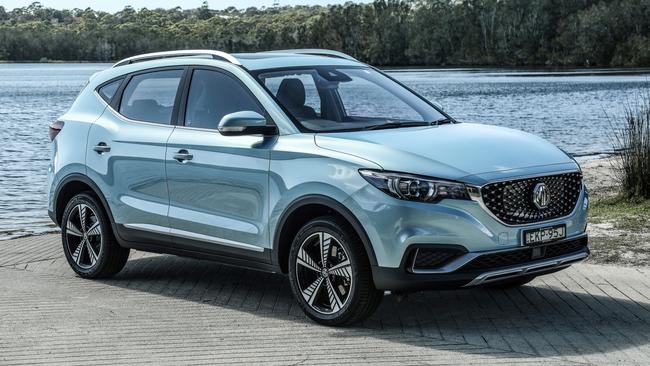
Currently the cheapest electric car on sale is the Chinese-built MG ZS EV small SUV priced at $43,990 drive-away. This undercuts the competition by almost $10,000, but is still expensive at $11,500 more expensive than the priciest petrol-powered MG ZS.
The most expensive is the new Porsche Taycan Turbo S at $366,000 drive-away.
Charging infrastructure isn’t widely available in Australia and can be expensive.
Late in 2020 Tesla raised the price of its Supercharger network by 24 per cent. The price hike meant it’s more expensive to fast-charge Teslas than to refill some petrol-powered rivals.
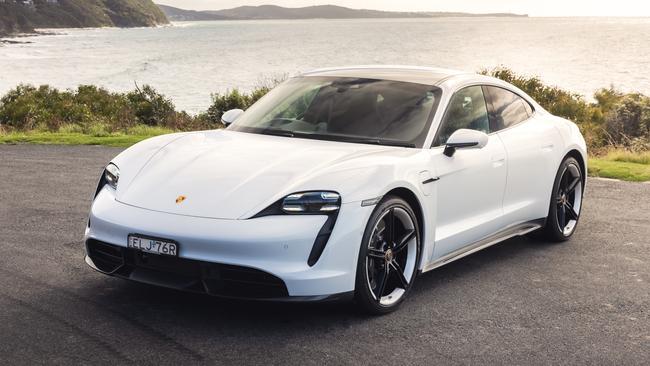
Analysis by electric car experts at EVCentral.com.au shows it would cost $9.78 per 100km to run a Tesla Model 3 if it was charged exclusively on the brand’s Supercharger network.
This compares poorly to petrol powered machines such as the BMW 330i at $8.00 per 100km and the hybrid-powered Lexus IS350h at $6.76.
Earlier this year the global boss of Jeep, Cristian Meunier, revealed to New Corp Australia why he thinks Aussies aren’t ready for electric vehicles.
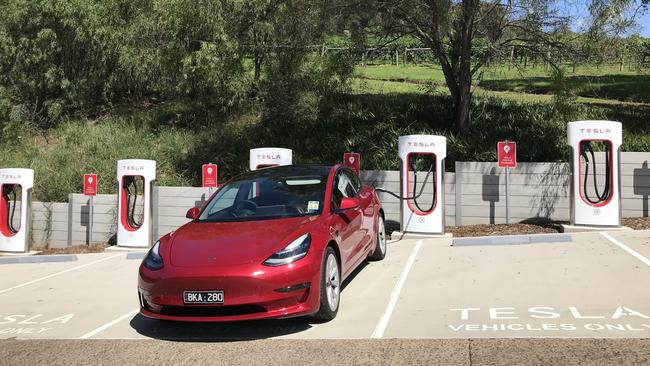
Meunier said selling fully electric cars would be a challenge in Australia because of a lack of investment and incentives from the government. He said the Australian government needed to help stimulate the investment and building of charging stations and electric car infrastructure before the brand could successfully sell an EV down under.
“The governments are essential for the technology to accelerate and for these new technologies to become more mainstream. We can see that in Europe and markets like California,” said Meunier.
“Australia today is definitely not ready for BEV (Battery Electric Vehicles) because of the lack of infrastructure. And there is no point trying to push something without the help of the government.
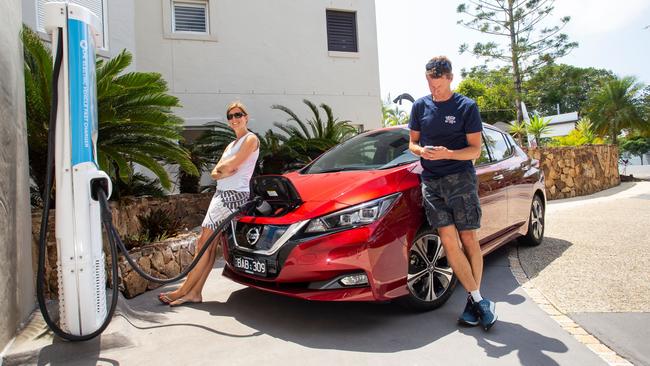
Lee Peters, the co-head of Deloitte Australia’s automotive, believes that the initial spark has been ignited in Australia for electric vehicles but buyers need greater reassurance on these issues to fan the flame.
“Awareness among Australian consumers of, and interest in, all-electric, or at the very least hybrid, is certainly there, and is growing.” says Peters.
“In a country where we often need to travel long distances, we shouldn’t be surprised that issues such as range, price and charging opportunities are front of mind, and influencing purchasing choices to largely stay with the technology we all know.”
The survey also revealed online sales of new cars was likely to remain subdued as buyers still preferred the face-to-face experience, with eight out of 10 people expecting to head to a dealership to buy their next vehicle.
Deloitte Australia’s co-head of automotive. Dale McCauley, believes that unlike other retail sectors, purchasing a new car is largely expected to remain in-person for some time.
“Certain aspects of the buying process remain difficult to digitise, so the in-person experience will remain with us for some time. People still want to see, touch, and smell, and drive a vehicle before they buy it,” says McCauley.
Originally published as Australians aren’t keen on electric cars according to survey


